Dhaka, August 7 — Sheikh Hasina, the long-serving Prime Minister of Bangladesh, fled the country amid massive protests sparked by the anti-discrimination movement. Reports indicate that the night before her escape, a critical meeting was held among army chiefs where it was decided that the military would not fire on civilians despite the imposition of a curfew.
According to Reuters, two army officers familiar with the discussions revealed that Army Chief General Waqar-uz-Zaman and his generals resolved not to enforce the curfew through force. This decision marked a significant shift in the army's stance and underscored their reluctance to support the Prime Minister's increasingly untenable position.
On the morning following the meeting, General Waqar-uz-Zaman visited Ganobhaban, Sheikh Hasina's official residence, to deliver a stark message: the army could not support the nationwide curfew. This effectively signaled the army's withdrawal of support for Sheikh Hasina, leaving her politically isolated.
An officer briefed on the matter stated that the message was unequivocal—Sheikh Hasina no longer had the backing of the military. This loss of support from the army was a critical factor in her decision to flee to India, ending her 15-year rule.
The Reuters report suggests that Sheikh Hasina's tenure was marked by a lack of tolerance for dissent, contributing to her abrupt downfall. Her departure followed a deadly weekend of clashes, where at least 91 people were killed, and hundreds were injured. The violence prompted the imposition of an indefinite nationwide curfew, which only exacerbated the unrest.
Lt. Col. Sami Ud Daula Chowdhury, an army spokesman, confirmed the discussions held on Sunday night, describing them as routine updates following any significant chaos. Reuters' investigation, which included interviews with four army officers and 10 other sources, sheds light on the final 48 hours of Sheikh Hasina's rule and her ultimate loss of control.
As the situation continues to unfold, the interim government's formation and the country's return to stability remain crucial priorities.



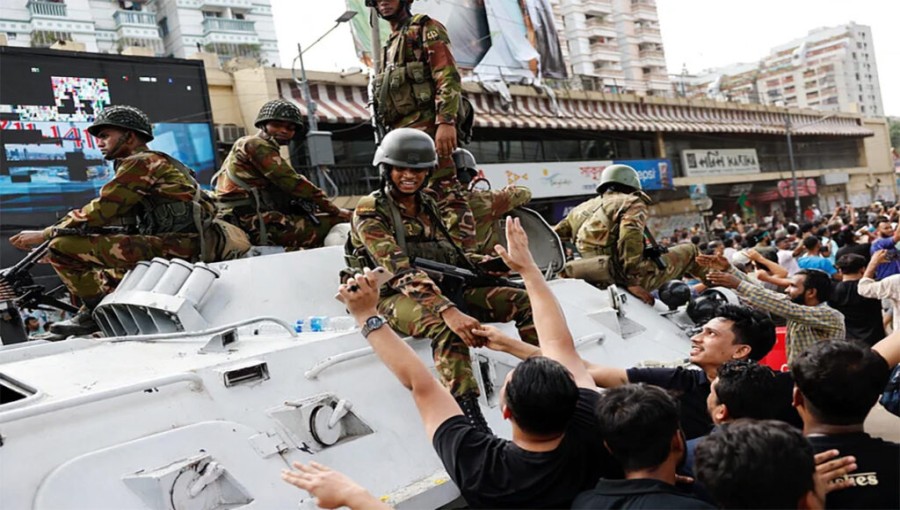


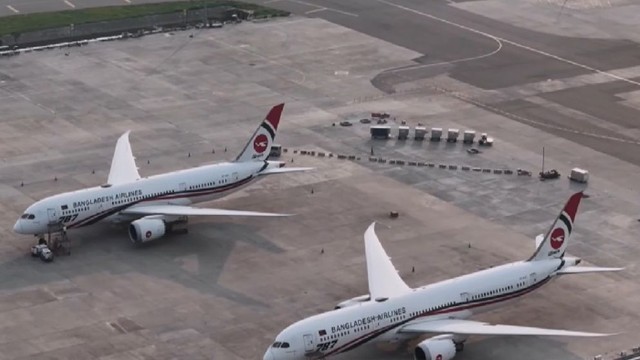
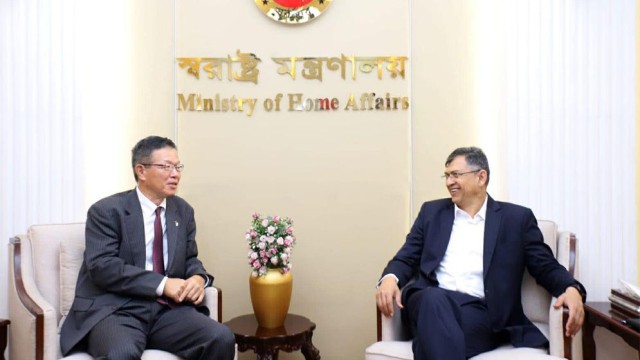
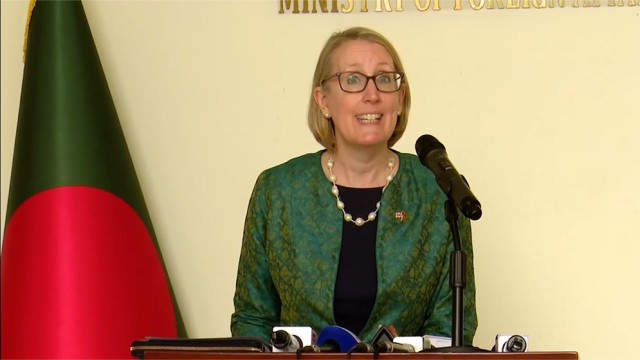
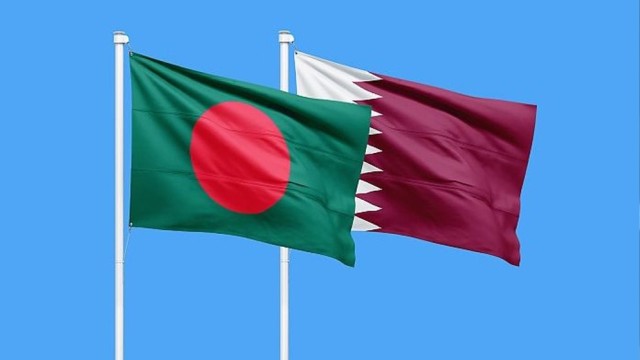







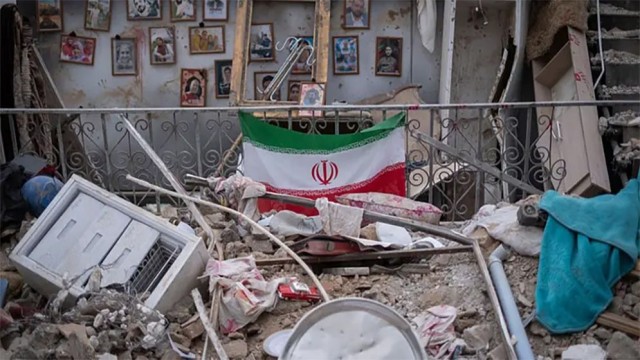
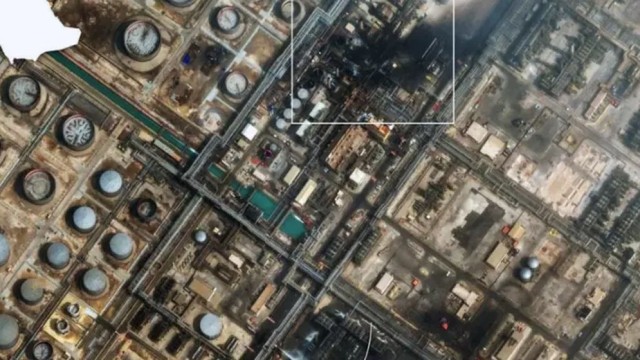












Comment: